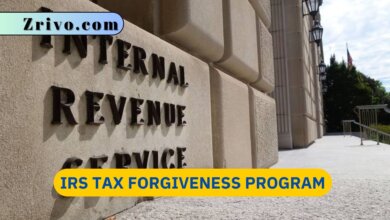Pass-Through Deduction 2023 - 2024
If you're a business owner, the pass-through deduction is a new tax break that reduces your income taxes. This article covers Pass-Through Deduction and what it means to business owners.

Pass-through business owners can claim a deduction on up to 20% of their qualified business income (QBI). The deduction is available for taxable income up to a threshold that increases each year with inflation. For tax year 2024, the threshold is $364,200 for married taxpayers filing jointly and $182,100 for single taxpayers. The deduction is subject to complex rules and limitations if your taxable income exceeds the threshold. The QBI deduction is a new tax break that encourages Americans to start and operate businesses. It applies to income from certain pass-through entities, such as LLCs and partnerships. However, there are many moving parts, so it’s important to understand the deduction before you file your taxes. The following are some key points to know about the pass-through deduction.

How to Qualify for the Pass-through Deduction?
To qualify for the pass-through deduction, your taxable income must be positive. This is determined by adding up all of your sources of taxable income, including wages and other forms of compensation, as well as subtracting deductions. Then, you must calculate your taxable income with respect to the applicable limit.
For example, suppose you own a rental real estate business and earned $250,000 in taxable income for the year. You will have to subtract your taxable income from the threshold of $364,200 for married couples filing jointly and $182,100 for singles. You may then deduct 20% of your business income, which is your unadjusted basis in the property.
The new law includes a special rule that limits the deduction for owners of “specified service trades or businesses.” This is a very broad definition, and it includes professions such as health care, law, consulting, accounting, financial services, and investment management. It also includes any business whose principal asset is its employees’ or owners’ reputation or skill, such as professional athletes and entertainers.
The Pass-through Deduction is only available for income from these businesses that are considered “qualified business income.” This excludes the compensation paid to S corporation owners, guaranteed payments to partners in a partnership, and the cost of any depreciable property used by the business.
The phase-out is even steeper for taxpayers who own a service business, such as an architecture or engineering firm. Pass-through business owners who provide personal services will not be eligible for the deduction at all, and those whose income exceeds a threshold will have their deduction reduced by 50% of W-2 wages plus 2.5% of the unadjusted basis of their long-term property.





